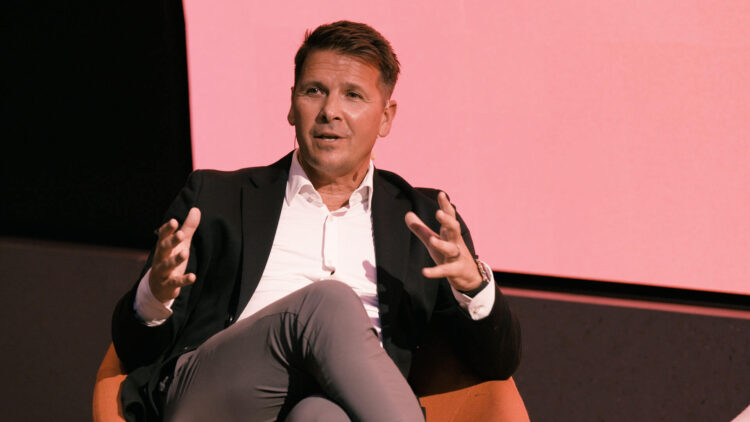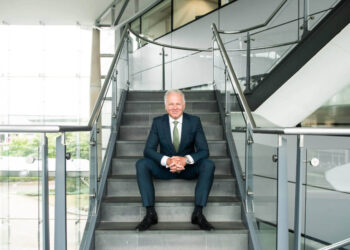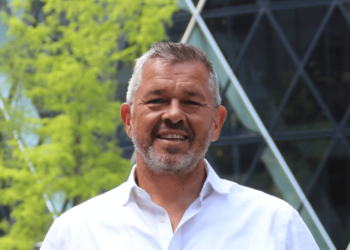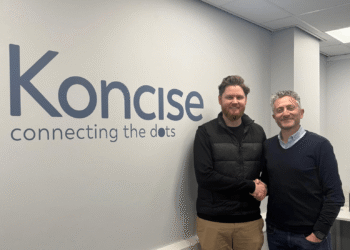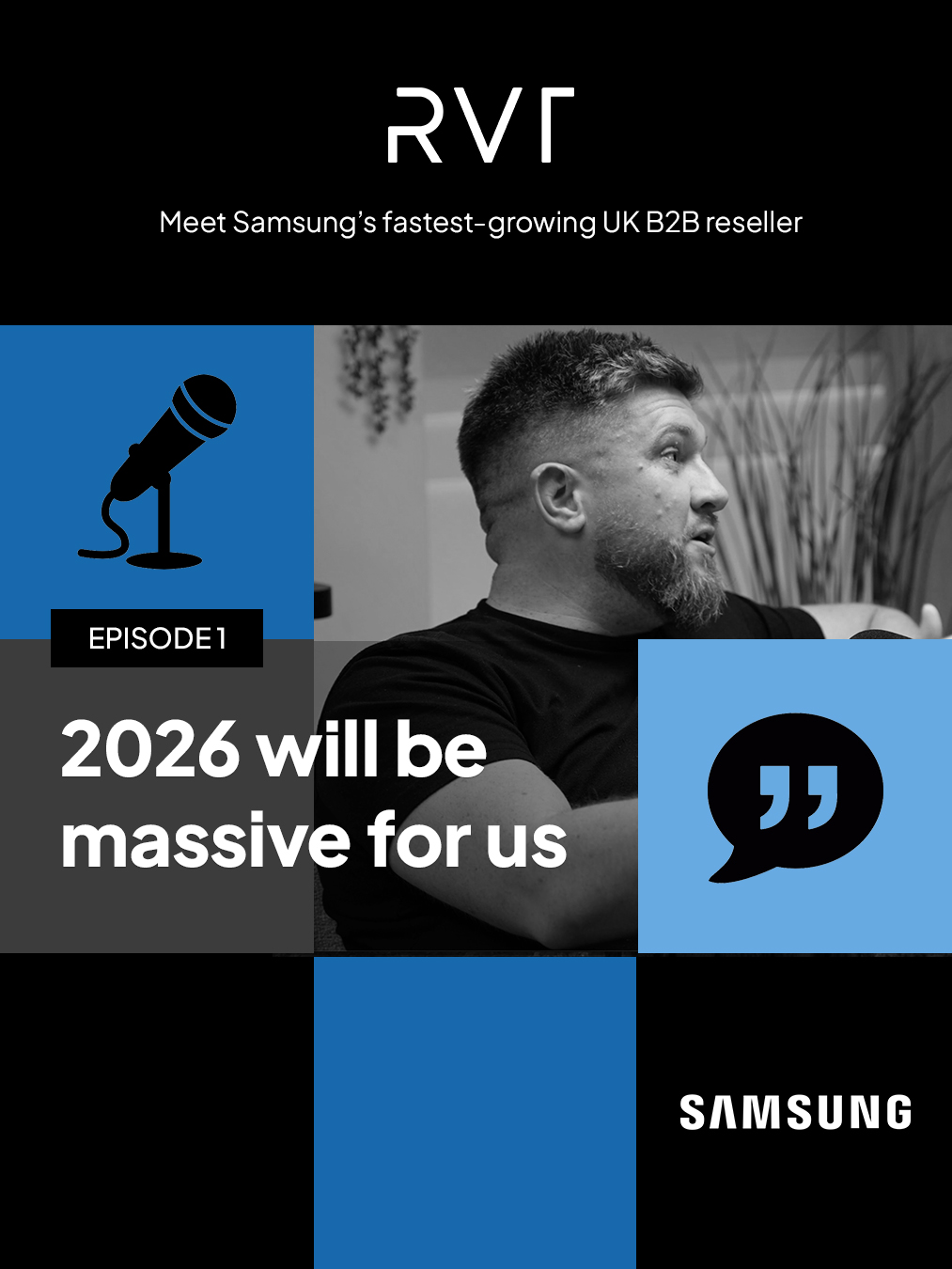Neil Hall has revealed plans to “3X” Focus Group, as he likened leading the SME-focused comms and IT reseller to “learning a foreign language”.
Having achieved unicorn status when it sold up to Hg in April 2024, Focus Group in January unveiled 23-year Computacenter veteran Hall as CEO.
The Shoreham-by-Sea-based-based outfit last week announced its third acquisition of 2025 in the shape of IT MSP Chalkline.
This represents a marked slowdown in activity since 2024, when it acquired 11 companies (making it the year’s most acquisitive UK partner by our estimations).
“We needed some time to digest them”
But talking to IT Channel Oxygen 11 months into his role, Hall indicated that the pace of M&A will re-accelerate in 2026 once a £10m investment in internal systems has been completed.
“We’ve spent the last three or four years doing 30-35 acquisitions, and I think we needed some time to digest them,” he said.
“We’re doing a huge amount of work on the foundations of the business so it can scale 3X over the next cycle.
“What I didn’t want to do was make a whole load more acquisitions into a moving platform. We need to get the foundations in place, then you’ll see us accelerate again on the acquisition trail.”

Focus Group is in the process of consolidating around 20 finance systems on Microsoft Dynamics, Hall said. It is also expanding its footprint around ServiceNow and is about to implement a new CRM tool.
Plans to roll out a new HR system are also in the pipeline but have been pushed into 2026 “because I think we’re just doing too much”, Hall said.
“If you add it all together, that’s over £10m we’re spending to build the platform and foundations to be able to create something we can scale to the size of business we want to over the coming years,” Hall said.
“And that will be both organic and through acquisitions, with probably broadly an equal balance between the two.”
“We’ll do more acquisitions in 2026 than in 2025”
Focus Group saw revenue nudge £250m its year to 30 November 2024.
Hall said he expects Focus’ tally of SME customers to double to 70,000 over the next three years.
“I’d also like to think we’re able to drive a more competitive offering to the market whilst also both improving the quality of services delivered and our profit margins,” he added.
“We think all those things are possible – and AI is probably at the heart of all those things.”
Hall said he “sees AI everywhere”, with the two-lettered initial finally now beginning to feed into the profits of both Focus and its customers.
“We’re seeing a great opportunity to use agentic AI to manage all the inbound email. Around half of our tickets – a million tickets a year – are via email, which is unstructured data,” he said.
Focus is also in the process of implementing conversational intelligence, enabling it to obtain sentiment analysis of how every customer feels about it, Hall said.
“That type of tool is a relatively low-cost, relatively high-value solution that we can take into customers and help a small businesses understand everything that’s happening,” Hall said.

Although Focus’ telecoms-IT revenue mix is currently biased 70-30 in favour of the former, this will move to 60-40 as the 1,350-employee company makes more IT-focused acquisitions, Hall said.
“I think we’ll do more acquisitions [in 2026] than in 2025, and I think they’ll be larger at an EBIT level,” he said.
“And I think where you’ve typically seen a lot of telecoms acquisitions in the past few years, there will be a stronger balance between tech – IT, cyber and AI – versus telecoms.”
Hertfordshire-based Microsoft and HaloPSA partner Chalkline is a perfect example of this trend. It has around 33 staff, according to its latest accounts.
“The demand for IT and cyber is probably our fastest-growing line, so we need to be able to keep pace with that demand we’re seeing from our base,” Hall explained.
“The deal could have happened two or three years ago. It didn’t, and we both got back together and made a fair deal.
“[Chalkline MD] David [Smetana] came to our sales kick off on Friday and I think was blown away by the opportunity – 400-500 people – looking, listening, observing, understanding where we’re going and what we’re doing around AI and data, which is a real advantage to Chalkline.”
“It’s like learning a foreign language”
Hall previously said a desire to “stretch himself” convinced him to leave LSE-listed reseller and IT services giant Computacenter to head up Focus Group.
“It’s like learning a foreign language and having to speak in it every day – and I’ve loved that,” Hall said of his first 11 months of life leading a PE-backed firm.
PE takes a more medium-term, rather than long-term view, Hall explained.
“It just takes some time to get on that train and also understand how fast it can go,” he said.
“My personal development and how much I’ve learned in the last year has been way ahead of what I thought would happen – but it’s needed and it’s really important.”
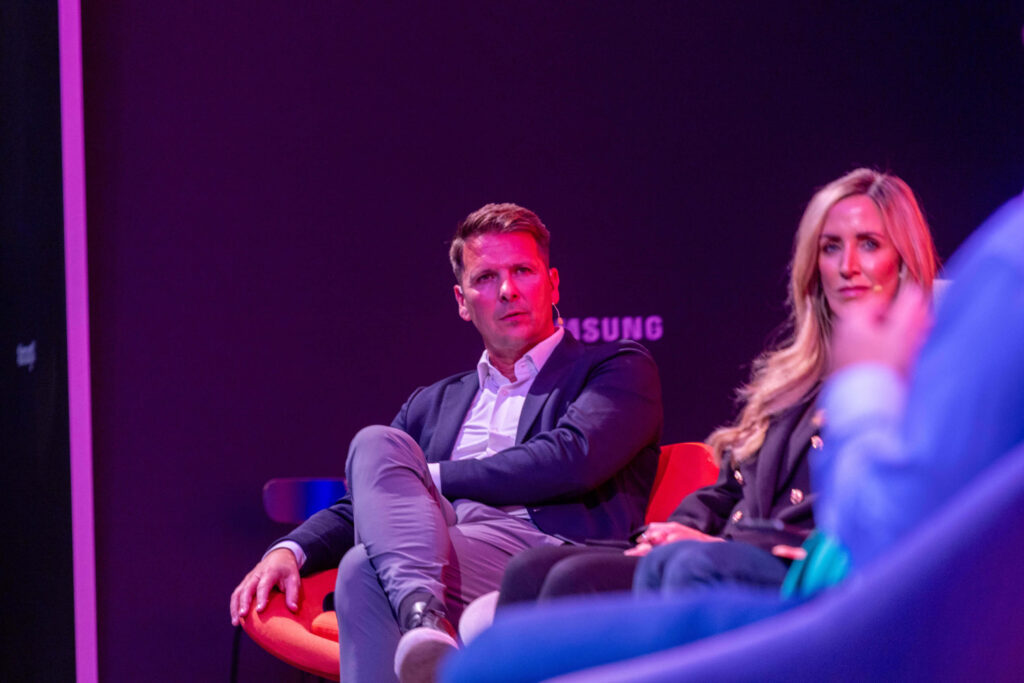
When Bowmark announced its sale of Focus to Hg, Founder Ralph Gilbert claimed even competitors had been “rooting” for the business to successfully “get away” in a slowing M&A market.
Not all of Focus’ peer group have been so fortunate, however, with some big names known to have gone to market without success.
“2025 has been much softer for these types of deals to get away, although we hear of one happening right now in the Netherlands that looks like selling at a good price,” Hall said.
“We like to see these deals get away and hope for the market that more of them do.
“But speaking only for Focus Group, having an investor like Hg who knows the market so well and are so smart… I’ve learned so much from the team there.”
“The transformation is not done,” Hall added.
“We’ve probably got another 12 months before we get there.
“Then we’ll start seeing much greater growth and even more acquisitions through the tail end of the cycle, and get growth rate to where we want it to be.”
Doug Woodburn is editor of IT Channel Oxygen


